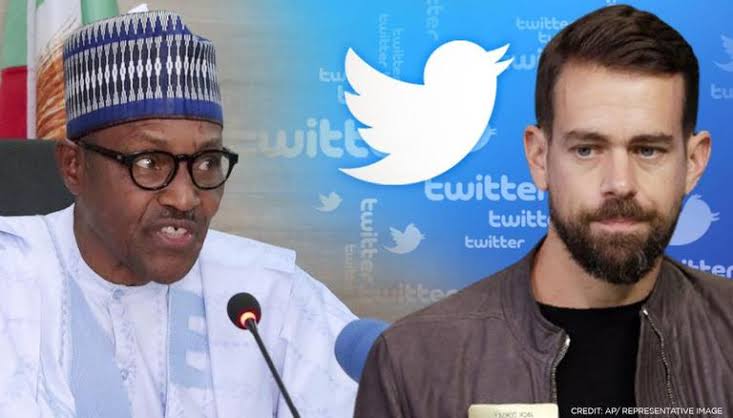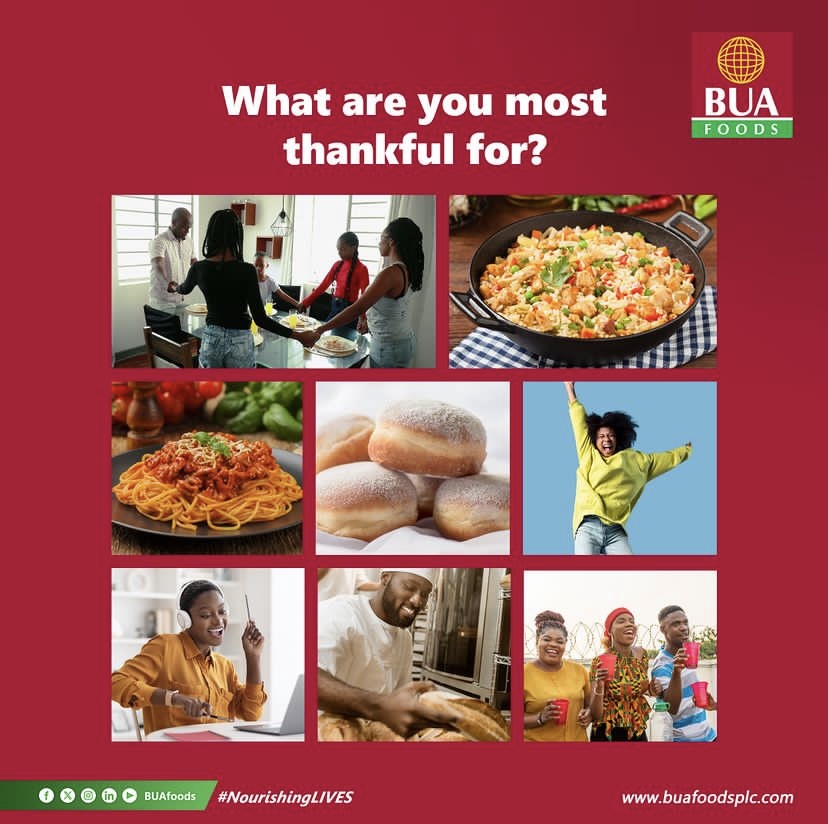By Ibidunni Banjoko
Twitter is a significant channel for marketing and advertising to reach young people. According to digitalreportal.com, the number of social media users increased by six million between 2020 and 2021. This represents a 22 percent increase. It may be difficult to establish the correct number of Twitter users in Nigeria, but facts point to the prevalence of youths who are more than 60 percent of the population. Difficult as it is, the effective deployment of Twitter for mobilisation during the EndSARS protests attests to its popularity among young Nigerians.
Over the past few years, the influencer marketing space in Nigeria has grown so much that almost anyone with dedicated followers could win deals with organisations looking to extend their reach.
Though some influencers, mostly those dealing with lifestyle products, use Instagram more, Twitter is the primary platform for many of them. While the organisations that work with them can easily use other channels for their marketing activities, it would be hard for the influencers to do the same because it takes time to acquire a following. Also, while they may be able to afford VPN services, their followers who keep them in business may be unable or reluctant to do so.
As a cursory observation will reveal, the increase in Internet penetration has increased the number of people making a living off the Internet, specifically social media. From social media managers to content creators and product photographers and influencers, thousands of Nigerians have created careers off these platforms. This ban puts their sources of livelihood at risk.
In recent years, Nigeria’s startup scene has experienced tremendous growth. In 2019, the sum of $3, 77.4 million accrued from startups although that figure fell to $120.6 million in 2020 due to the coronavirus pandemic. This has resulted in jobs for a significant number of people and revenue for the government in the form of taxes.
According to Emeka Okeke, Group Managing Director and CEO of Media Fuse Dentsu Nigeria, “Twitter ban is affecting marketing and advertising to the extent that the audiences that we recommend the client to target through Twitter can no longer access the platform. The question is, how many of them can we find in the other channels?
“When it happened we called our performance agency, iProspect, and asked, ‘what is the game plan?’ We gave the client an alternative strategy to manage the loss. We told them how to circumvent this, what they will be losing and about other channels like YouTube where they can still find people. It will cause the client more money now to reach users of YouTube.”
Also speaking on the subject matter, Steve Babaeko, President of the Association of Advertising Agencies of Nigeria (AAAN), described the Twitter ban as a knee-jerk reaction to a problem without looking at the bigger picture to see some of the challenges that the Federal Government’s reaction might have triggered. “If you look at it, this is a country that’s just coming out of the pandemic; we also went into our second recession in five years in 2020. You saw how the economy contracted in the last quarter of 2020. If you say you are going to ban something like Twitter, the new marketplace for the young generation, you have cut off a major source of income of the youths who are more than half of the country’s entire population. This is a country that has just banned crypto currency and you are banning Twitter. If you look at the unemployment rate among young people, it may be as high as 40-45% depending on which state you are looking at in the federation, so what good will Twitter ban do us?”
The adman stated that the overall interest of the government is peace and security. He, however, said that what the government has done is to further undermine peace because those people who are driven into the unemployment market are easy recruits for crime. “There is no way any positive solution can come out of this ban and it’s also important to add that Nigeria is not the only country that has to deal with this new reality that is social media.”
“There are two ways to deal with this thing and there’s a middle ground between those two ways. One is the extreme way which is what China is probably doing right now; autocratic. Then there’s the Indian model. As of 7th June, maybe a few days after the government banned Twitter in Nigeria, India sought an injunction in court and used that injunction to discuss with Twitter to effect the ban on L-fresh the Lion and Jazzy B so that whenever they tweet, the tweets cannot be seen in India.
“If you have specific accounts that you think are anti-Nigeria you can have those conversations with Twitter. They have their rules. They will weigh your submission versus their own rules and make a decision. With this outright ban, however, government has joined the people who are innocent who are just transacting normal business and trying to earn a living on digital media with the guys who the government probably have issues with and now the country is bleeding, people are losing revenue and a large number of people are being thrown into poverty. Don’t forget that this is a country where about 80 million are already impoverished as of 2020. So we’re just compounding the problem.”
The AAAN helmsman, on behalf of the group’s member agencies who still do business on Twitter, the digital agencies who almost exclusively applied their trade on digital media and the ordinary Nigerians who do business on the microblogging platform, appealed to the government to review its decision and find an amicable way of settling issue.
Commenting further on the impact of Twitter’s ban on the Nigerian economy, Babaeko said: “Let’s look at the bigger picture, the macro economy. In the last two years Nigerian startups raised almost about 498 million dollars in Foreign Direct Investment. Most of this money came into that fintech space which is a digital business. With this ban, the valuations of their companies are going through the roof. That’s because people feel at the time they were bringing in this money that this country was conducive for investment. All this money will be diverted if the government continues with this kind of knee-jerk reaction, there is going to be capital flight. You can see already, Twitter had the choice to situate their African headquarters in Ghana.”
“The number of Nigerians on twitter which is estimated to be 40 million people is more than the entire Ghanaian population, so ideally it should be here. Those are the kind of things we will be seeing where people who ordinarily want to invest here will take their business to Egypt, South Africa, Indonesia etc., that are already beating Nigeria in terms of Foreign Direct Investment,” he explained.
Babaeko opined that it’s in the best interest of the bigger agenda of the government to create an enabling country for the population for them to revisit this and rescind its decision if it must create an enabling environment.
Also speaking on the effect of the Twitter ban, particularly on influencers, Damilola Abodunrin, Business Lead, iProspect, expressed his anger over the suspension, adding that because he uses Twitter for a lot of things aside from influencing, the suspension is really affecting him.
“As regards the source of income, it’s really affecting me. I currently have two jobs I’m doing for NCDC and the Federal Ministry of Communication and Digital Economy/Microsoft. Due to the suspension, the two has been stopped. I’ve got gigs I’m working on for GOtv and Nigerian Idol. Both have also been stopped to avoid losing their license. In turn, this ban is affecting me as brands can’t run campaigns at the moment, and earning via services I render on Twitter has ceased for now.
“I’ve lost a lot of gigs and will lose more if this needless suspension is not rescinded as soon as possible. As a digital media expert and a creative content creator, I have to service a lot of clients, but as the suspension was announced, I have been idle ever since,” Abodunrin lamented.
He continued: “It is unlikely for the Federal Government to effectively disable the Twitter app or the website. The FG, however, may ask Internet service providers and telcos to limit or prevent access to the platform. The ISPs will most likely comply; however, end-users may circumvent this with a VPN.
“Many brands with close links with the Federal Government may suspend paid promotion on the platform in order to remain in the good grace of the Government. It is possible that the Government extends this to the banks who facilitate transactions on its behalf. If it gets to that level, it means we have a problem on our hands.”
He concluded by saying, “Beyond Twitter, they are also looking to regulate all social media channels, the likes of Facebook, Google, YouTube, Snap and Instagram will not be spared. It may hit WhatsApp too.
“From the memo issued, the task of regulating digital may be a messy one. Casualties (brands, businesses, users and investors) will be made victims. Make no mistake; the FG is going to try to enforce this.”
To circumvent the ban, Nigerians in droves are downloading VPN. Because most people might not be able to pay for real VPN, they download free VPN and through those free VPN a lot of people are going to lose their money because of identity theft when their accounts get hacked.





Comment
No comments found.